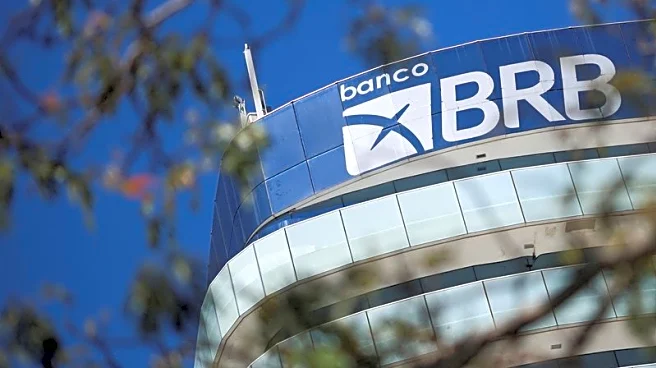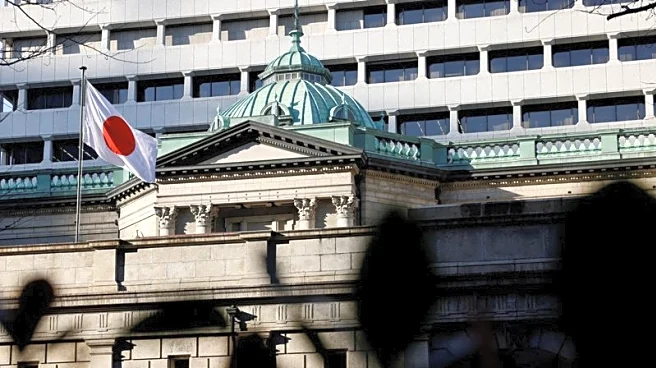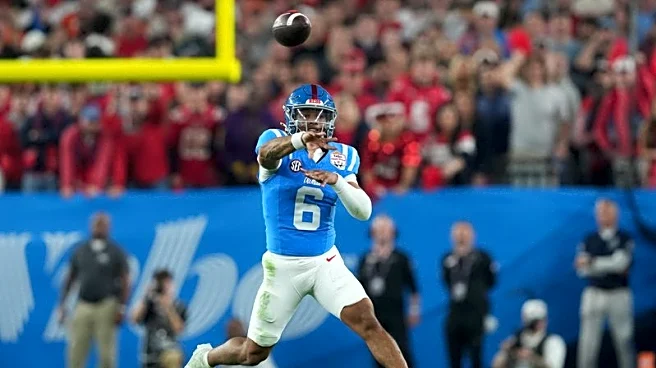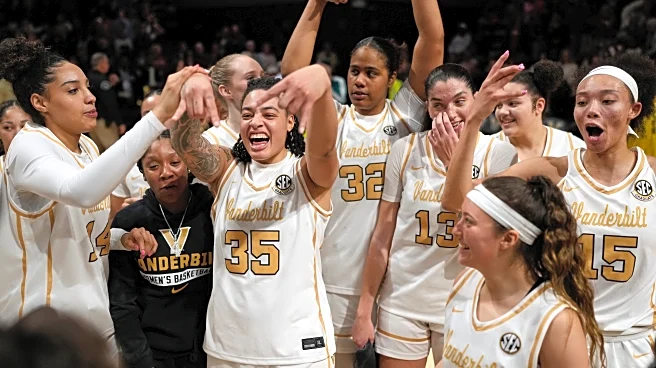By Luciana Magalhaes and Marcela Ayres
BRASILIA (Reuters) - Brazilian state-run lender BRB is weighing a fresh proposal for assets of Banco Master, a person familiar with the matter said, after the central
bank blocked its initial bid, sending BRB shares tumbling on Thursday.
BRB, controlled by the Federal District government, said late on Wednesday the regulator had rejected a deal struck in March that would have given it 49% of Master's common shares and 100% of its preferred shares, for a total 58% stake.
BRB preferred shares closed 5.6% lower on Thursday, as Brazil's benchmark stock index rose 0.8%.
According to a person familiar with the talks, who asked not to be named as the plans are private, BRB has not yet had full access to the central bank's decision and is not convinced it must abandon the transaction.
The bank may seek a structure that shields it from taking on liabilities tied to the part of Master not included in the purchase, the source added.
However, another source familiar with the deal said the regulator's concerns go "well beyond" that point. A third source noted that Master needs significant fresh capital to stabilize its balance sheet.
BRB and Master did not immediately respond to requests for comment. The central bank said it would not comment.
BRB had emphasized from the start it would acquire only what it deemed the healthy assets of its mid-sized peer Master, which drew market attention in recent years with aggressive growth fueled by issuing high-yield debt.
Over time, BRB narrowed the scope of its proposal, saying in late August it aimed to acquire just 24 billion reais ($4.4 billion) in assets and exclude 51.2 billion reais' worth of assets - more than double the amount initially expected to be left out.
That cut the estimated value of the deal to 1.8 billion reais, from an initial 2 billion reais.
Master's funding relied heavily on high-yield debt sold through investment platforms, marketed as covered by Brazil's deposit insurance fund, which guarantees up to 250,000 reais per investor in case of bank failure.
Proceeds were invested in illiquid or hard-to-price assets, including court-ordered receivables from governments and stakes in troubled companies targeted for turnaround.
($1 = 5.4212 reais)
(Reporting by Luciana Magalhaes and Marcela Ayres; Editing by Brad Haynes and Rod Nickel)










